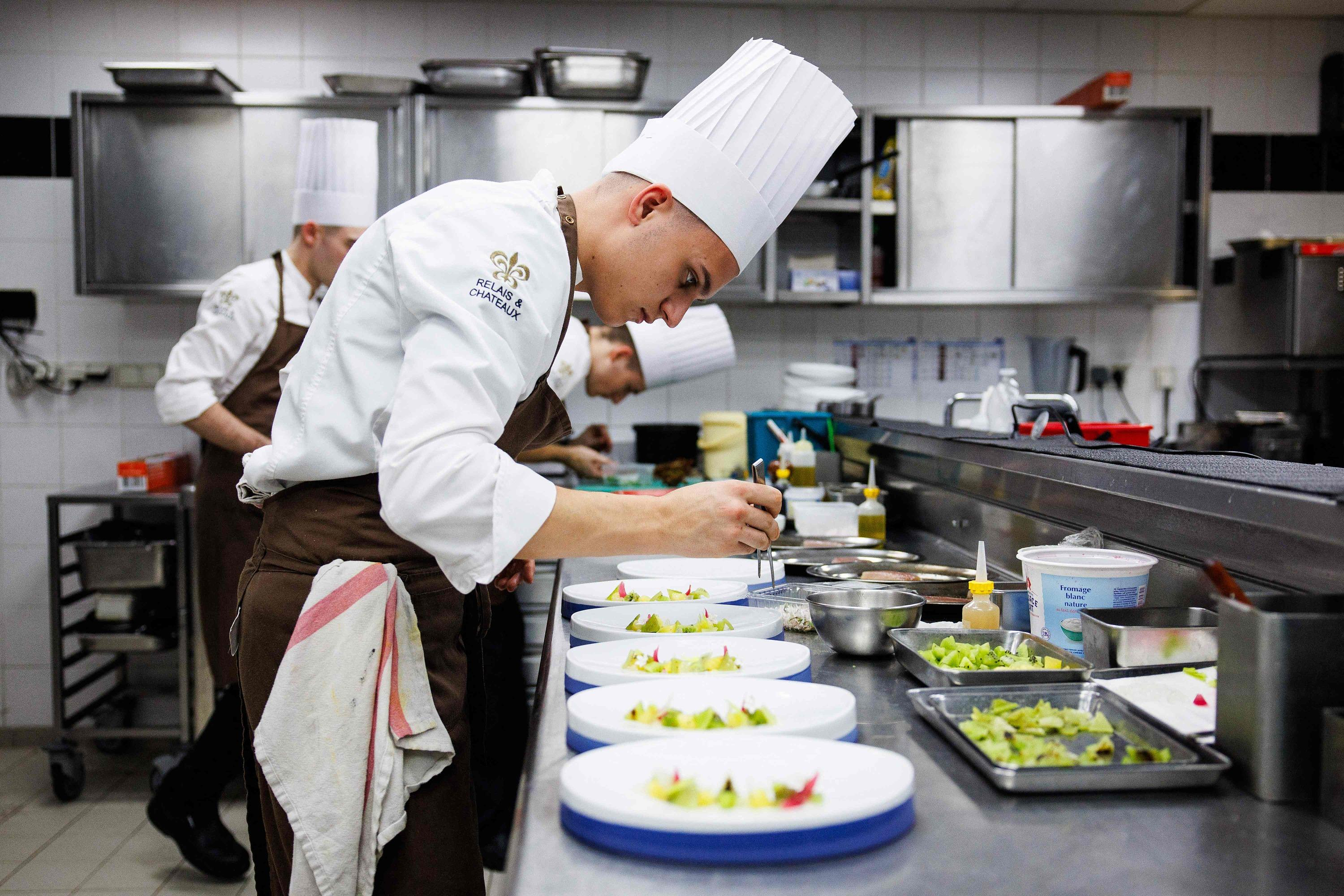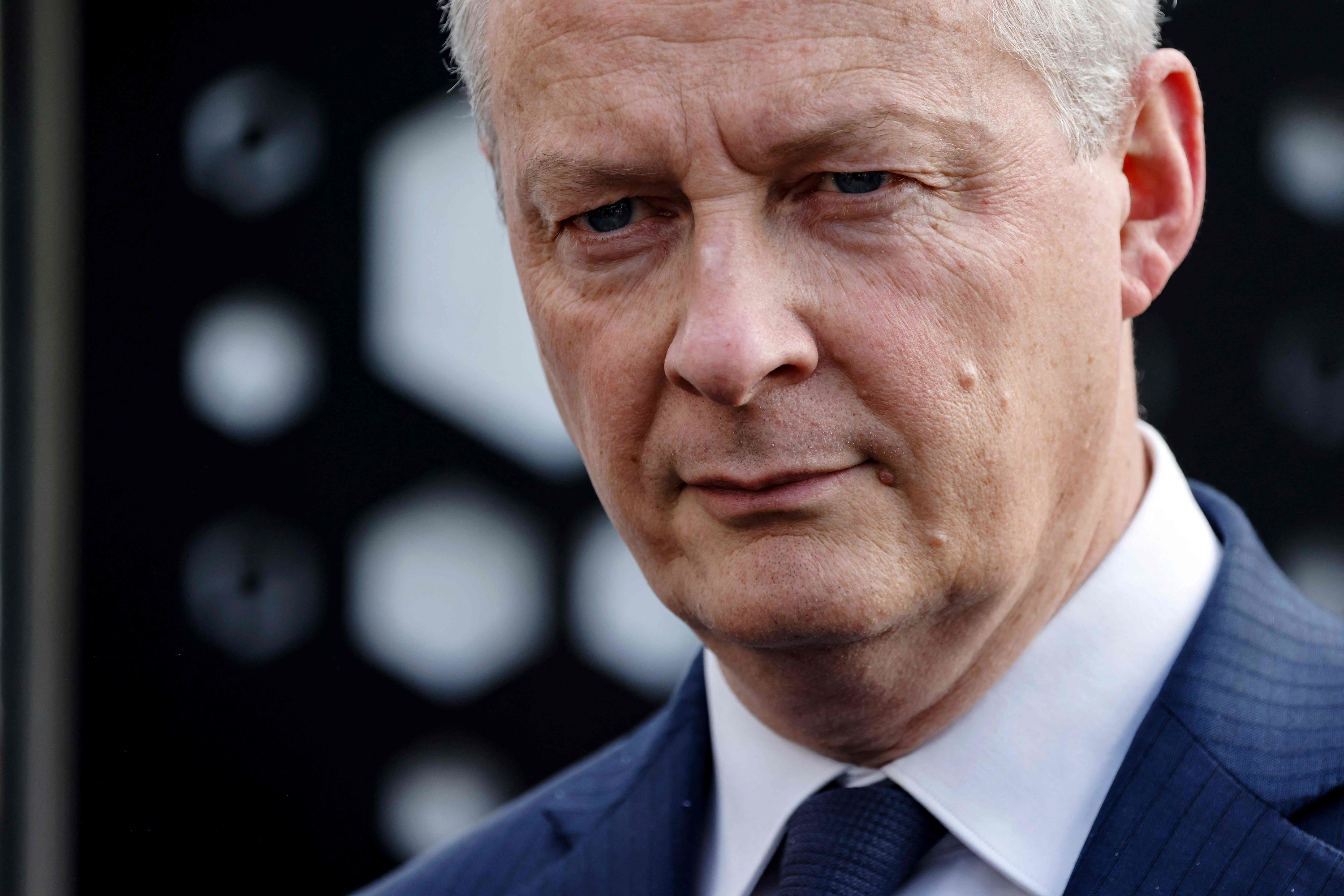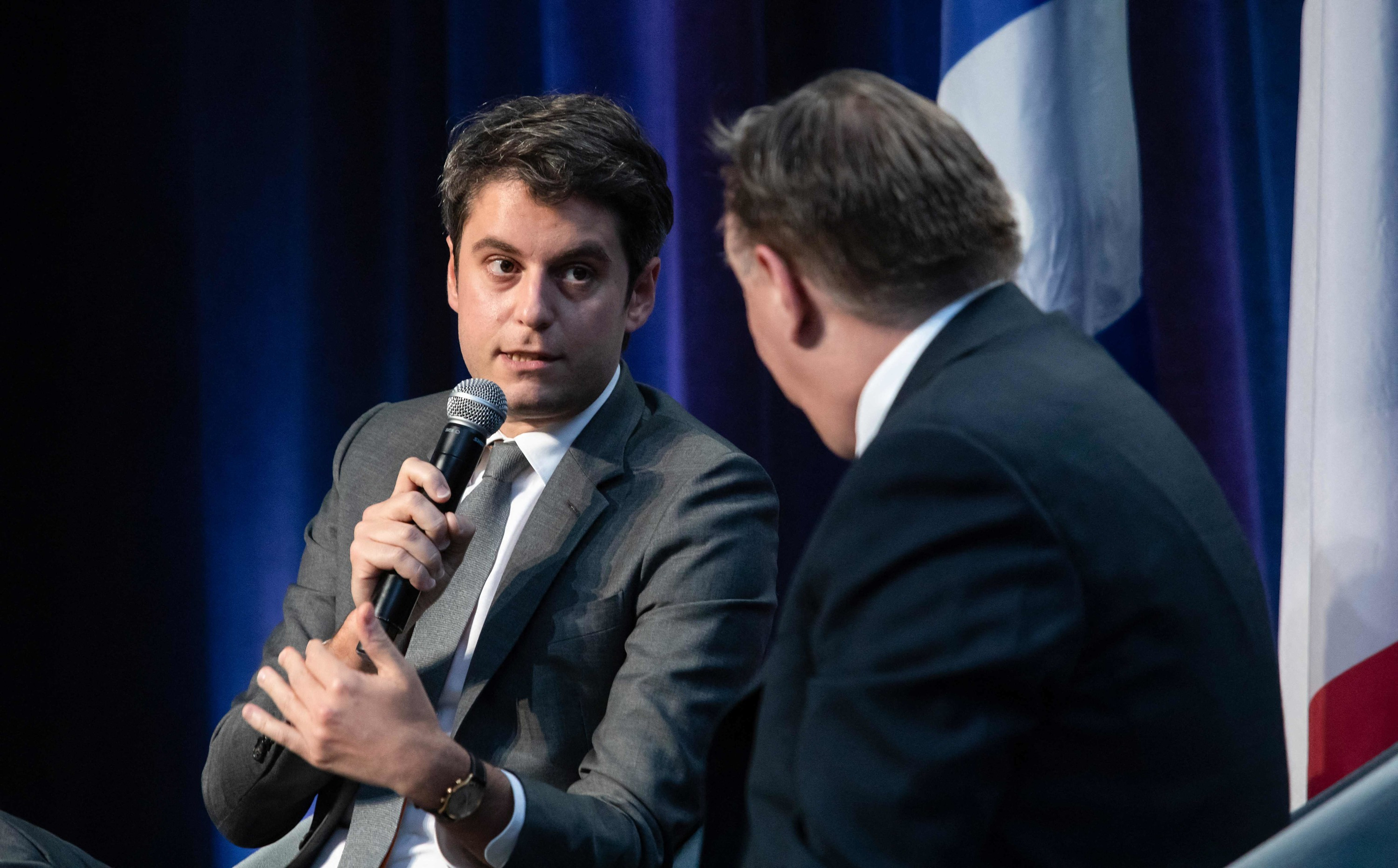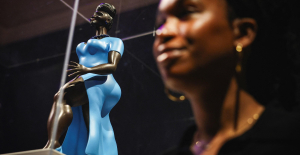Heinrich August Winkler has criticized comparisons between the Shoah and other crimes. The extermination of the European Jews remains the central fact of German history in the 20th century, the renowned German historian told the Berlin daily newspaper Tagesspiegel. She was "the greatest crime of all time".
Vladimir Putin was also "not a second Hitler," said Winkler. The Russian President does not want to exterminate the Jews. He doesn't seem to want to conquer all of Europe either. He is a radical nationalist who wants to restore the territorial existence and sphere of influence of the defunct Soviet Union as much as possible.
This revisionism differentiates Putin's Russia from the Soviet Union of the Brezhnev era, which primarily wanted to secure its territorial possessions. Putin, on the other hand, radically questions the status quo. Winkler, 84, taught at the Humboldt University in Berlin until 2007. He has been awarded the Federal Cross of Merit and has published numerous books.
In the wars against Georgia in 2008 and against Ukraine since 2014, the historian sees “frightening parallels to certain aspects of Hitler’s politics”, such as the breakup of Czechoslovakia in 1938/1939. The war of aggression against Ukraine bears “features of a war of annihilation”.
Winkler also speaks out against comparisons between the Shoah and the actions of colonial powers. The processing of German colonial crimes in the 19th and 20th centuries is "bitterly necessary". "But it cannot relativize the Holocaust," said Winkler.
Western democracies have every reason to be very self-critical about their colonial past and their racism: "But there was only a Holocaust in and through Germany."
In the conversation, Winkler also commented on the debate about a possible renaming of the Prussian Cultural Heritage Foundation. Such an act would be "not a contribution to coming to terms with the German past, but an escape from German history," said the "Tagesspiegel". "Prussian bashing is also so popular because it's more convenient than German self-criticism," criticized Winkler.
Against the background of the 90th anniversary of the transfer of power to the National Socialists on January 30, 1933, Winkler said that there was "not only the Prussia of militarism and the authoritarian state, whose traditional guardians in 1933 included Hindenburg and the Wilhelmine power elite": "We shouldn't forget we the Prussia of the Enlightenment, of religious tolerance, of decisive structural reforms in the Stein-Hardenberg era at the beginning of the 19th century.”
There was also "the Prussia of the rule of law, the liberal Prussia", emphasized the historian. In the Weimar Republic, Prussia, governed by social democracy, acted “as a bulwark of democracy”.
The SPK is to be comprehensively reformed and reorganized by decision of the foundation board in December 2022. Minister of State for Culture Claudia Roth (Greens), as Chair of the Foundation Council, also advocated a name change for the SPK.

 Sudan ravaged by a year of war
Sudan ravaged by a year of war Ten years after the kidnapping of the Chibok girls, what has become of the terrorist group Boko Haram?
Ten years after the kidnapping of the Chibok girls, what has become of the terrorist group Boko Haram? The Israeli government divided on the extent of its response after Iran's direct attack on its territory
The Israeli government divided on the extent of its response after Iran's direct attack on its territory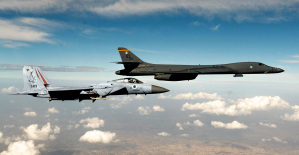 “Is it time for a killing blow?” : the Israeli press wonders about a response after the Iranian attack
“Is it time for a killing blow?” : the Israeli press wonders about a response after the Iranian attack Covid-19: everything you need to know about the new vaccination campaign which is starting
Covid-19: everything you need to know about the new vaccination campaign which is starting The best laptops of the moment boast artificial intelligence
The best laptops of the moment boast artificial intelligence Amazon invests 700 million in robotizing its warehouses in Europe
Amazon invests 700 million in robotizing its warehouses in Europe Inflation rises to 3.2% in March due to gasoline and electricity bills
Inflation rises to 3.2% in March due to gasoline and electricity bills Large French companies are alarmed by the stalling of the European economy
Large French companies are alarmed by the stalling of the European economy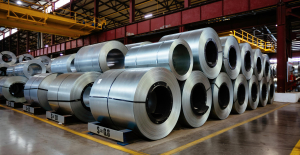 New sanctions against Russia send industrial metal prices soaring
New sanctions against Russia send industrial metal prices soaring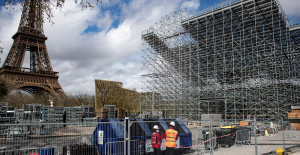 Olympic Games 2024: civil servants authorized to carry out private security activities
Olympic Games 2024: civil servants authorized to carry out private security activities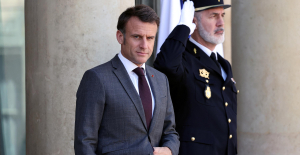 Threat of strikes for the 2024 Olympics: Macron says he has “confidence” in the “spirit of responsibility” of the unions
Threat of strikes for the 2024 Olympics: Macron says he has “confidence” in the “spirit of responsibility” of the unions Musical show: “Come Bach”, fantasies around the composer
Musical show: “Come Bach”, fantasies around the composer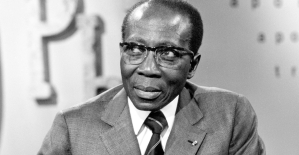 The cry of alarm from Senghor's friends has been heard
The cry of alarm from Senghor's friends has been heard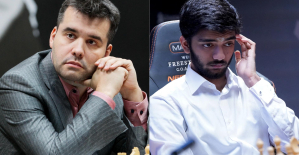 World Chess Championship: Nepomniachtchi and Gukesh lead the candidates tournament
World Chess Championship: Nepomniachtchi and Gukesh lead the candidates tournament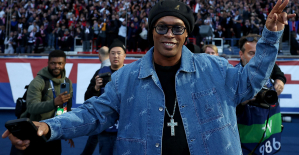 Rapper Heuss L’Enfoiré calls on Ronaldinho for his new music video
Rapper Heuss L’Enfoiré calls on Ronaldinho for his new music video Skoda Kodiaq 2024: a 'beast' plug-in hybrid SUV
Skoda Kodiaq 2024: a 'beast' plug-in hybrid SUV Tesla launches a new Model Y with 600 km of autonomy at a "more accessible price"
Tesla launches a new Model Y with 600 km of autonomy at a "more accessible price" The 10 best-selling cars in March 2024 in Spain: sales fall due to Easter
The 10 best-selling cars in March 2024 in Spain: sales fall due to Easter A private jet company buys more than 100 flying cars
A private jet company buys more than 100 flying cars This is how housing prices have changed in Spain in the last decade
This is how housing prices have changed in Spain in the last decade The home mortgage firm drops 10% in January and interest soars to 3.46%
The home mortgage firm drops 10% in January and interest soars to 3.46% The jewel of the Rocío de Nagüeles urbanization: a dream villa in Marbella
The jewel of the Rocío de Nagüeles urbanization: a dream villa in Marbella Rental prices grow by 7.3% in February: where does it go up and where does it go down?
Rental prices grow by 7.3% in February: where does it go up and where does it go down? Europeans: the schedule of debates to follow between now and June 9
Europeans: the schedule of debates to follow between now and June 9 Europeans: “In France, there is a left and there is a right,” assures Bellamy
Europeans: “In France, there is a left and there is a right,” assures Bellamy During the night of the economy, the right points out the budgetary flaws of the macronie
During the night of the economy, the right points out the budgetary flaws of the macronie Europeans: Glucksmann denounces “Emmanuel Macron’s failure” in the face of Bardella’s success
Europeans: Glucksmann denounces “Emmanuel Macron’s failure” in the face of Bardella’s success These French cities that will boycott the World Cup in Qatar
These French cities that will boycott the World Cup in Qatar Augusta Masters: the unchallenged reign of Scottie Scheffler
Augusta Masters: the unchallenged reign of Scottie Scheffler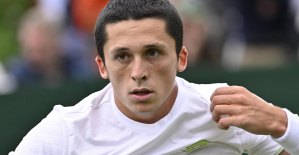 Tennis: Harold Mayot takes Cachin and goes to the second round in Barcelona
Tennis: Harold Mayot takes Cachin and goes to the second round in Barcelona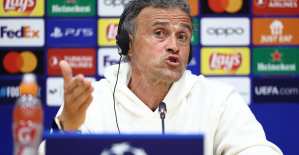 Barça-PSG: “We will do it”, Luis Enrique shows his confidence before the return match
Barça-PSG: “We will do it”, Luis Enrique shows his confidence before the return match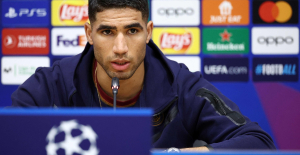 Hakimi on Mbappé before Barça-PSG: “I feel very good, very motivated, like the whole team”
Hakimi on Mbappé before Barça-PSG: “I feel very good, very motivated, like the whole team”





